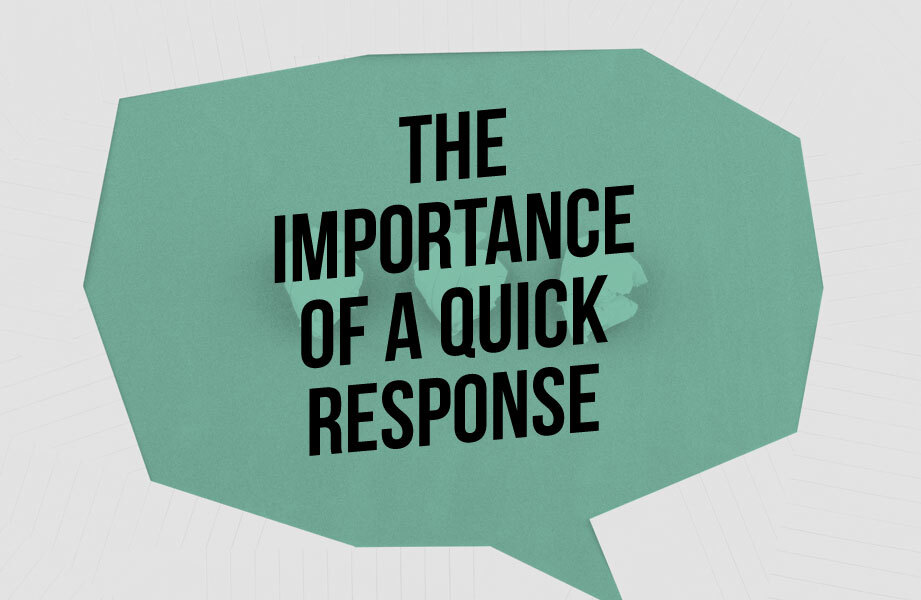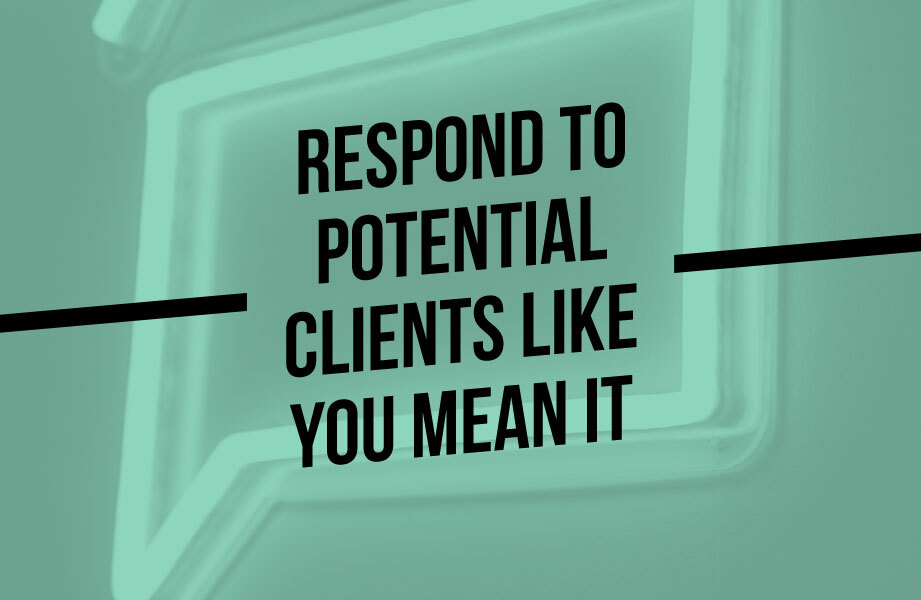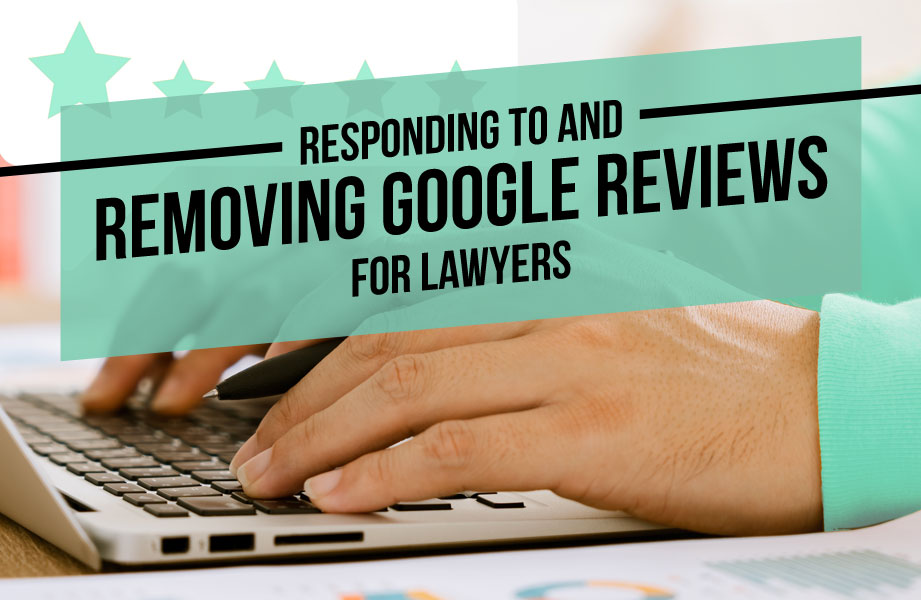
My first experience with inbound lead response time came in 2010 when I started my professional career as a consultant in the automotive industry. At that time, car dealerships were going through a transformation in regards to their marketing spend. Internet leads were becoming all the rage and a vital component to any successful dealership. Gone were the days of viewing the internet department as some strange appendage to the business, it was quickly becoming one of the pillars that would raise the automotive industry to new heights.
Lead response time was a big deal then, and it is an even bigger deal now. At the time, the reports that CRM systems would provide had the threshold of 30 minutes. You could manually break it down into smaller increments, but the reports would display how many leads were answered in under 30 minutes, between 30-60 minutes, 1-2 hours, and so on. Even the tools and systems of the time didn’t fully understand the importance of a quick response. A dealer was considered a premier store if their time was below 30 minutes. It never ceased to amaze me that many dealerships were satisfied with a response time of “same day” and that very few went to great lengths to ensure a response time within 5-10 minutes.
When I transitioned to working in the legal industry, I learned that leads share some characteristics across industries, but they are also very unique. I am not the first to share thoughts and insights regarding rapid responses. Doing a quick Google search will bring up a plethora of articles. Many of those articles are geared towards B2B and focus heavily on the sales aspect. Additionally, much of the content of those articles are based on research that was published in 2011 through Harvard Business Review by Dr. James Oldroyd. A brief summary of that data was later published in an HBR magazine article that is worth a read. The data and conclusions in that article are still relevant today even after a decade of time. One might argue that they are even more relevant given the evolution of smartphones, digital marketing, and online reviews that have occurred during that time span. However, the article speaks very generally and doesn’t address law firm-specific needs as it relates to lead response and lead management.
The statistics are overwhelming when you look at how dramatically the outcome of the leads is affected based on the speed of response. But how does all of this change in the legal arena? I think there are three reasons why speed is still vitally important and can make or break your digital marketing efforts.
- Qualified Leads: I remember the first time that I learned about what makes leads in the legal space unique. It comes down to ensuring that the leads are qualified and the firm can actually assist the client. Working for a different legal tech company, I was visiting a law firm in Las Vegas, NV. I was speaking with John, the firm’s business operations manager and relating some stats to him regarding the number of leads he had received on his website through our tool. While I was touting the high volume of leads and John’s great response time, he interrupted me and told me that I wasn’t really addressing the problem that he needed solved.
The problem John had was that he would get a number of leads overnight and when he would start to reach out and contact the lead he would often find out that they were unable to assist the potential client due to a variety of reasons including geography or type of legal assistance needed. John loved that he was getting leads, but he spent a lot of time working to contact leads that he wasn’t able to help. He would much rather spend that time and energy on leads that he could assist. All of that being said, John found that speed played a major role in getting his leads qualified. Even though he hated the wasted effort, he found with a quicker response the leads would engage more consistently and the entire qualification process moved more rapidly. In response to John’s feedback and others like him, Civille created Civille Law Forms that can help you better qualify your leads before they are even submitted. That way, when you get the notification that you have received a new lead you now know that time is of the essence as opposed to dreading the idea that you are about to waste your time. Part of the reason that we created Civille Law Forms comes from one line in the HBR article when the author is describing why so many organizations struggle with responding quickly. He said, “It’s already evident that most sales organizations need new tools and processes to meet the demands of the online age.”
- First Mover Advantage: Many people have heard of first mover advantage as it relates to the general business climate that we live in. Companies that bring a product or service to market first are often able to build a brand and create a moat around their business for a significant amount of time. This is a powerful principle because it rings true and we have all experienced it to one degree or another in our lives. We see this play out every year on Black Friday when retailers offer “doorbuster” items or discounts. First Mover Advantage plays a major role in response time.
One study found that 78% of customers buy from a company that responds first to their inquiry.
One study conducted by Lead Connect found that 78% of customers buy from a company that responds first to their inquiry. That is a mind-boggling number and although this isn’t a legal-specific stat, the principle remains the same. If someone reaches out for help and a person speaks up and is able to offer that help, all things being somewhat equal, the person that reaches out first is most likely going to be the one reaping the rewards of a helpful attitude.
- Client Experience: One of the key reasons to respond quickly to leads is that you immediately start to create a feeling of familiarity with the potential client. Even if you don’t get in touch with them immediately you have granted yourself the opportunity to leave a voicemail or send an email/text, positioning yourself as the person who cares and wants to help. The entire reason for writing this blog post is because we know that the legal industry is unique and that leads are slightly different in this industry. In some cases you just won’t be able to help someone (for a variety of reasons) even if you are the first person to reach out.
However, if a firm is the first to reach out and contact the lead, the firm is now positioned to control the narrative that the customer experiences. You have the chance to set a very high bar in displaying professional conduct and in being able to distinguish yourself from other firms. When you are the first to explain to a lead all the things that you can offer them as they go through what is often a stressful and potentially painful ordeal, you have the opportunity to appear novel and generous. You are setting the expectations that other firms are now going to have to compete with. We have come to see that people are willing to pay a premium to have great experiences because it can make all the difference.
So, while I’m grateful that you took the time to read this entire article, you should probably go answer that lead that came in a few minutes ago. Tick tock!





